I Miss Their Faces: Reflections of a Program Director as New Trainees Start Medical Training During a Pandemic
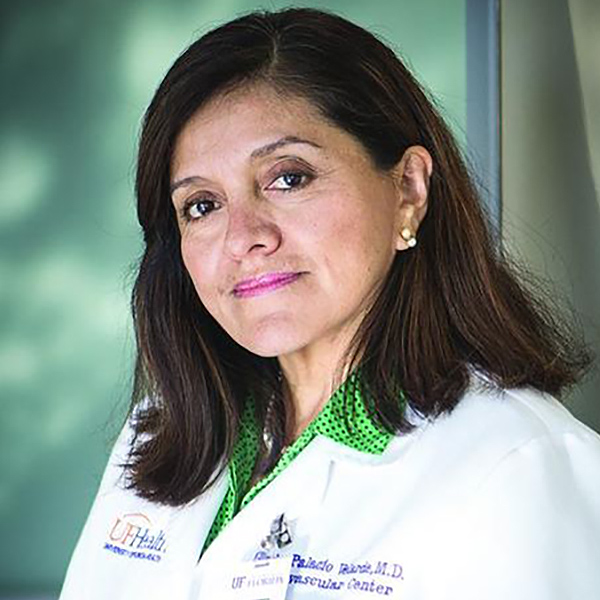
As thousands of new residents and fellows start their awaited hospital training all over the country, I cannot help but feel cheated out of a familiar and endearing experience – the excitement and celebration of their arrival. The beginning of their graduate medical education training has been significantly tempered by our current universal reality. The COVID-19 pandemic has changed everything.
We pride ourselves on our hospitality and how each academic year we welcome new trainees into our family. We do this by an assortment of gatherings and get togethers, small and large, in an effort to get to know them more and make sure they feel welcomed. We hope to provide an opportunity for the new trainees to start "connecting" with their new environment, colleagues, peers and promising new friendships.
Most of these activities have been modified or canceled due to COVID-19. Although, we have been inventive in finding ways to supplement the gaps. Most meetings are via zoom, and as COVID-19 cases in our state increase, all meetings are now virtual.
What I find most hurtful is not being able to personalize our welcome to each of our new trainees. It hurts not being able to see their faces as they walk the hospital corridors since all are require to wear a protective mask. It hurts not being able to see their smiles, read their gestures, and feel their joy or discontent.
I never thought these little things would mean so much. I do not think I ever realized how these tangible human micro-moments of the day-to-day interactions with our trainees had helped me assess how they may be adapting or coping early on. I feel relegated to imagination and speculation of what may be going through their minds at a particular moment when our eyes cross paths in the hospital.
Faith and Hope in the Times of a Pandemic
Nervous and shaking
I grabbed her hand
Gasping for air – she asked
As she exhaled her last breath,
Am I going to live?
I replied; "Forever"
– Gladys P. Velarde, MD, FACC
"The best way to find yourself is to lose yourself in the service of others."
– Mahatma Ghandi
Little did I know how much of my intuition of their wellbeing depended on seeing the entire coordinated display of their facial gestures, subtleties or mannerisms. When I can only see their eyes, I try to image the rest. Even when I engage in open dialogue, it is not the same. It is customary for me to stop them and ask how they are doing, but now I have to be six feet away. I cannot deliver the handshake or the hug, and now not even the smile. It hurts.
Training during a pandemic is particularly challenging because everyone in the hospital is struggling to adjust. As a program director, it is a difficult task to provide assurances and guarantees and stay on script when there are so many moving parts. From clinical elective or nonelective rotations, didactic conferences, simulation labs, reimbursements for educational events or even limitless PPEs.
Asking for flexibility and adaptation has been my number one request and the key ingredient to help us through this.
For entering residents and fellows, these new beginnings are never easy. In any ordinary year, they have to contend with vast new rules, unfamiliar electronic health records, shifts, professional responsibilities etc. However, starting medical residency or fellowship during a global pandemic adds a level of challenge and stress that will test these amazing young professionals to limits they have never experienced before.
The uncertainly of our times leads to the many emotions they, like us, will experience – from anxiety, fear, excitement, sadness, anger and frustration. Having lived through a pandemic, I know first-hand what those are, and I want them to know that they are all normal.
But we are not helpless; we have knowledge, dedication and resolve. We are smart and adaptable. We are compassionate and resilient. Together, we can face the challenge in front of us. Key elements to go through this storm together, aside from adaptability, are:
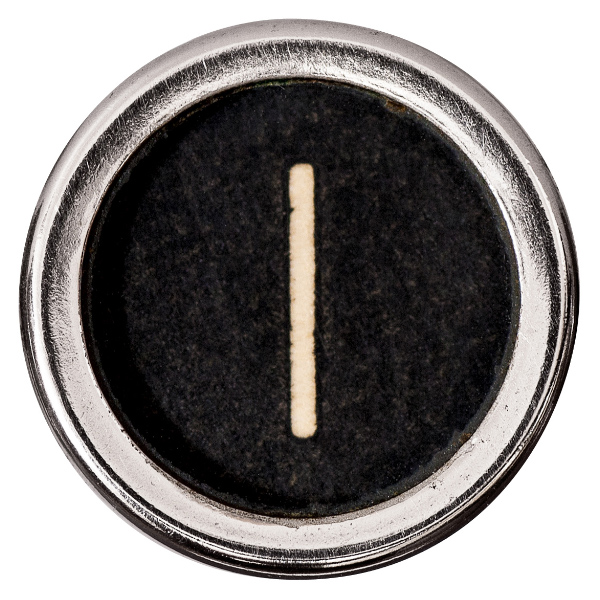
Safety
Your own, your family and your patient's safety is key. Safety in everything you do is paramount. This means attention to detail and your PPE, decontaminating practices of all your equipment in all your clinical encounters, and using disposables ones when required. This means leading by example with caution, but leading. You may often be the first line of defense in ensuring that the virus does not spread or enter your home. Although your responsibility is great, only you can control this behavior, and you must.
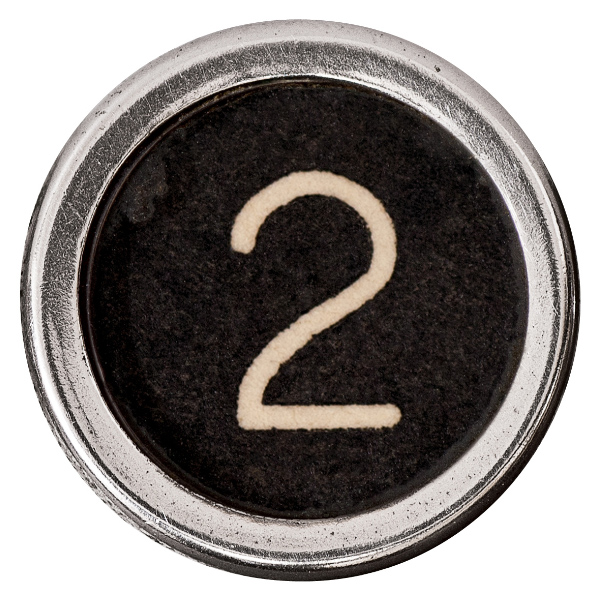
Team Mentality
Now more than ever our collective behavior is critically important. We need to keep a team goal mentality despite physical distancing. We need to define clear assignments and expectations. Goals and roles to tackle clinical scenarios, like who runs the code? Who intubates? Who does the line or cardioversion? They all need to be clearly defined without ambiguity for increased efficiency and safety. We are now called upon to watch each other's back like never before and make sure that you and your fellow peer are playing in harmony.
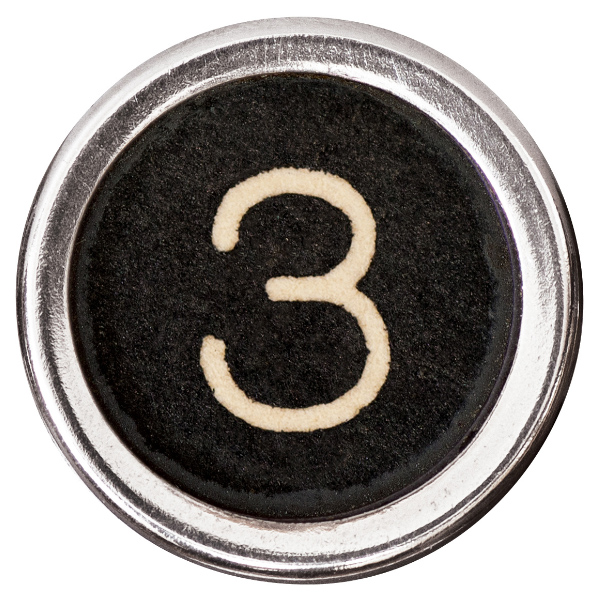
Staying Informed
We are physicians and information from reliable sources is key. There is an abundance of data fast accumulating about practices, patterns and pathology about this pandemic, and its effects on all organs not just the cardiovascular system. This information comes to us in many forms at record speed. Fortunately, we have the training and the intellect to sort through quantity and discern quality. Ask questions and share information as well to clarify situations. It always works both ways.
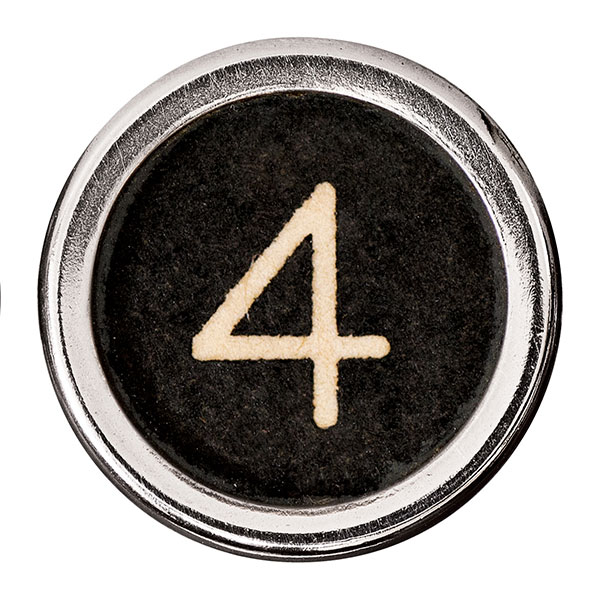
Staying Connected
You need to keep the connection going with your peers, mentors and family. At times it may not be easy. While this connection may not be physical, it is no less important, as it is the emotional and spiritual glue that makes us whole. These connections keep us honest and often remind us of our purpose and our humanity. Take time and make the call.
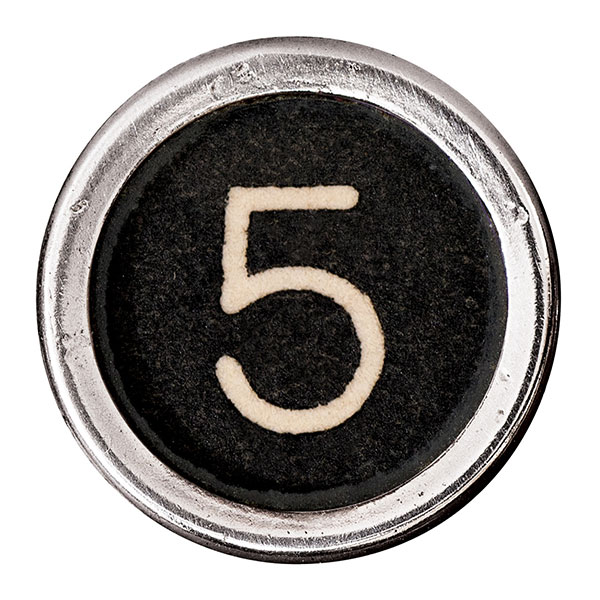
Destressing and Finding Your Inspiration
Find ways of distressing: exercise, meditate or walk along nature. Reconnect with your environment and realize the immensity of the moment. Although we are a miniscule part of this universe, what we do matters.
One step at a time, we will get through this.